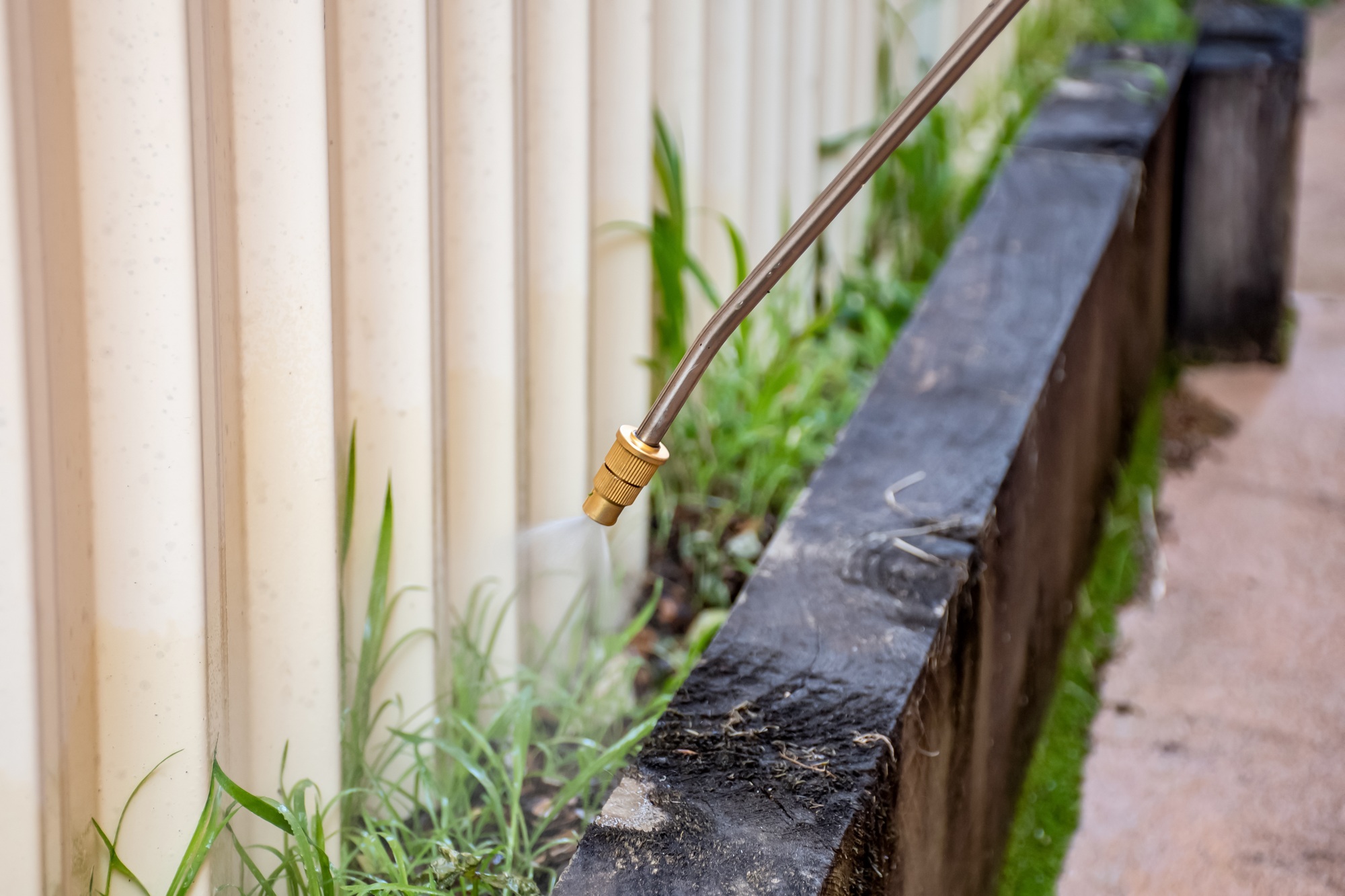Weeds are a common challenge for any lawn, and homeowners often face a key decision: should you use natural or chemical weed control methods? Both approaches have their advantages and trade-offs, and the best option often depends on your lawn’s needs, your environmental values, and how quickly you want to see results. Here’s a breakdown of both methods to help you make an informed choice.
Natural Weed Control: Pros and Cons
Natural weed control focuses on non-toxic, eco-friendly solutions. Common methods include pulling weeds by hand, using vinegar- or salt-based sprays, boiling water treatments, and applying mulch or corn gluten meal to suppress seed growth. These techniques are generally safer for pets, children, and pollinators, and they avoid the long-term soil impacts associated with some synthetic chemicals.
However, natural methods often require more time, consistency, and manual labor. They may also be less effective against deep-rooted or aggressive weeds, and some ingredients (like vinegar or salt) can harm desirable plants or soil health if not used carefully.
Chemical Weed Control: Pros and Cons
Chemical herbicides are designed to act quickly and are highly effective at eliminating a wide range of weeds. Selective herbicides target broadleaf weeds without damaging grass, while non-selective versions kill anything they touch, making them ideal for driveways, sidewalks, and non-lawn areas.
The downside is that chemical treatments can pose risks to beneficial insects, soil biology, and nearby water sources if misapplied. They may also require protective gear during application and can impact pets or kids who play on the lawn soon afterward. Long-term overuse can lead to herbicide-resistant weed strains and negatively affect your lawn’s ecosystem.
Which Option Is Best for You?
If you’re aiming for a sustainable, eco-conscious lawn and are willing to invest more time in maintenance, natural weed control may be the best fit. On the other hand, if you’re dealing with a serious infestation and need fast, reliable results, chemical herbicides may be more practical—especially when used strategically and sparingly.
Integrated Approach:
For many homeowners, the best solution is a hybrid approach: use natural methods for routine maintenance and spot-treat with chemical products when necessary. Combine that with proactive lawn care practices—like proper mowing height, regular fertilization, and soil aeration—to create a thick, healthy lawn that naturally crowds out weeds.
Ultimately, the choice between natural and chemical weed control depends on your lawn care goals, your time investment, and your comfort level with each method. Whichever route you choose, consistency and proper application are key to keeping your lawn weed-free and thriving.


